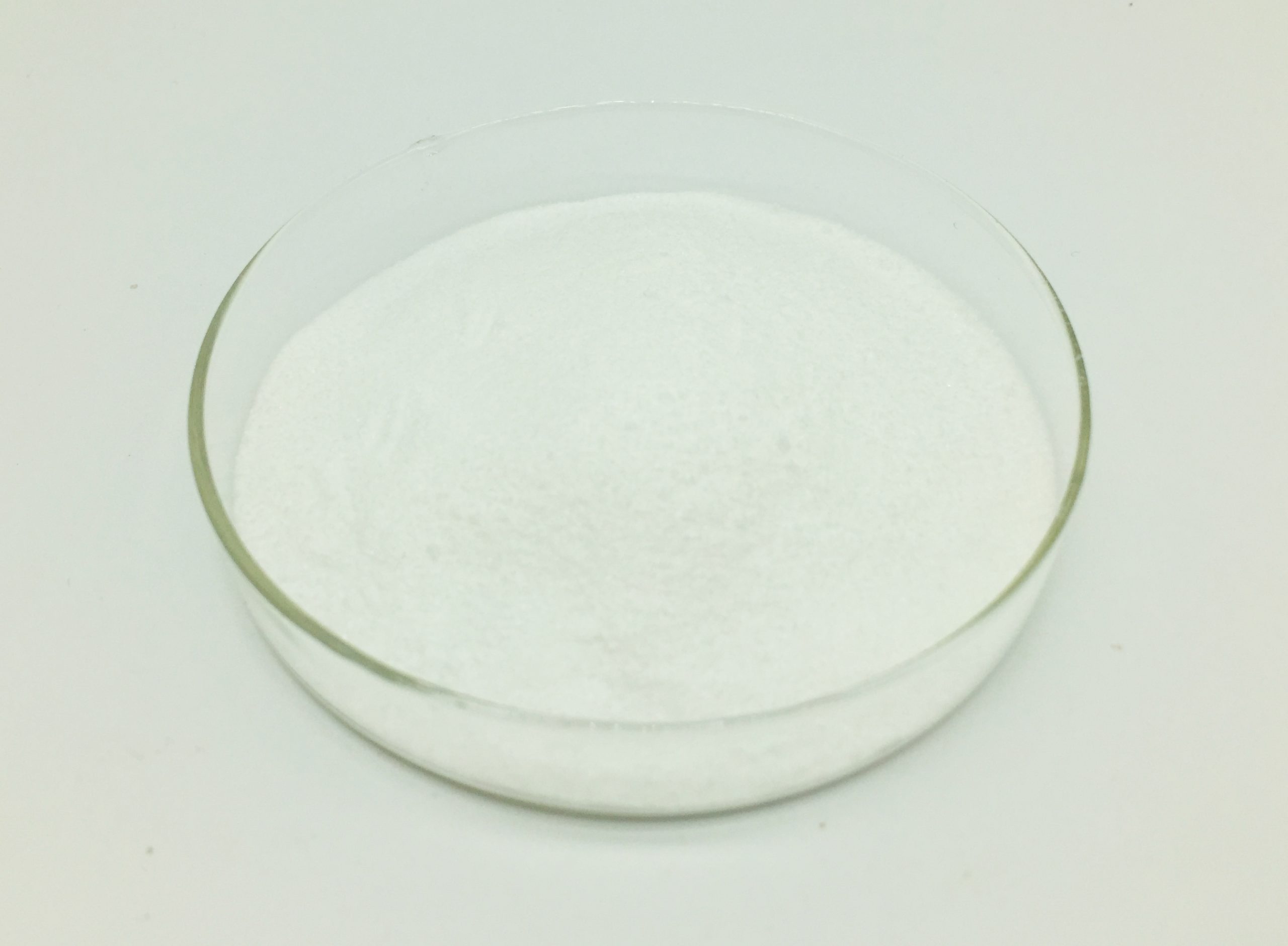Palmitoylethanolamide (PEA) is a naturally occurring fatty acid amide that has been studied for its potential anti-inflammatory, analgesic, and neuroprotective properties. It is commonly used as a supplement for managing chronic pain, inflammation, and various neurological conditions. While Palmitoylethanolamide is generally well tolerated, it can cause some adverse effects in certain individuals. These include:
Common Side Effects
- Gastrointestinal (GI) issues: Some people may experience mild gastrointestinal discomfort such as nausea, bloating, or diarrhea.
- Fatigue: A small number of users report feeling unusually tired or drowsy, particularly when starting the supplement.

Less Common Side Effects
- Headache: Some individuals may experience headaches, especially when they begin taking Palmitoylethanolamide or increase the dosage.
- Skin reactions: Allergic skin reactions such as rashes or itching may occur in some individuals, although this is relatively rare.
- Dizziness: A few people have reported feeling lightheaded or dizzy after using Palmitoylethanolamide.
Severe Side Effects (Rare)
- Allergic reactions: In rare cases, Palmitoylethanolamide may cause severe allergic reactions, including difficulty breathing, swelling of the face or throat, and hives. This would require immediate medical attention.
- Interaction with medications: Though uncommon, Palmitoylethanolamide may interact with other medications, particularly those that affect the endocannabinoid system or anti-inflammatory drugs. This could potentially alter the effectiveness of either the Palmitoylethanolamide or the other medication.

Considerations
- Pregnancy and breastfeeding: There is insufficient research to definitively establish the safety of Palmitoylethanolamide during pregnancy and breastfeeding. It’s best to avoid using it in these cases unless directed by a healthcare provider.
- Long-term use: While Palmitoylethanolamide is generally considered safe for short-term use, the effects of long-term supplementation have not been extensively studied, so caution is advised if using it for prolonged periods.
Always consult with a healthcare professional before starting a new supplement, especially if you have existing health conditions or are taking other medications.
